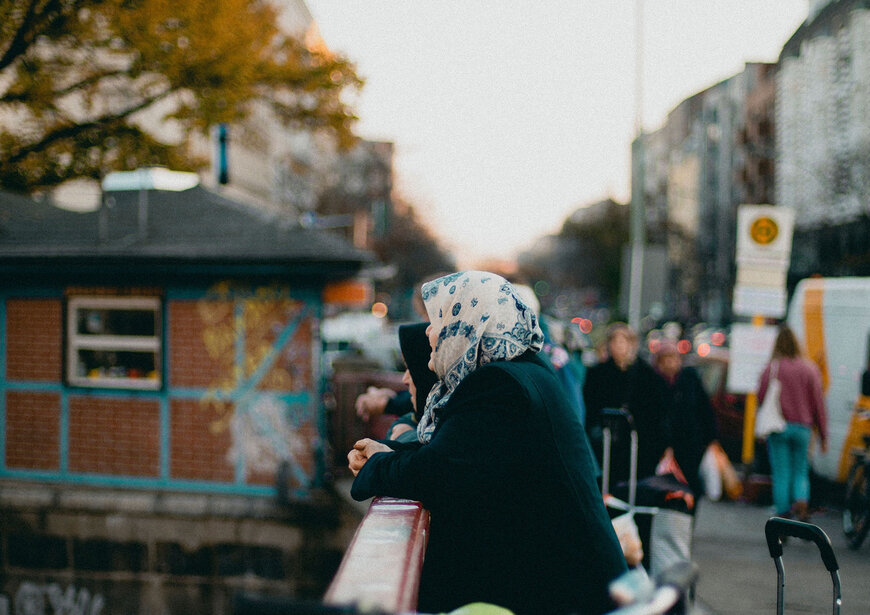Press releases
New publication \ Continuation of political conflicts or a new beginning? Turkish refugees in North Rhine-Westphalia
As early as in the 1960s, communities of people with a Turkey-related migrant background moved to the large cities, particularly in North Rhine-Westphalia (NRW). In BICC Working Paper 6\2019, Tim Röing analyses, among other things, how people who have come from Turkey to NRW at different times and with different motives relate to each other and how the political developments in Turkey affect these relationships.

Since the failed coup attempt by parts of the Turkish military against President Erdogan in summer 2016, the Turkish government has suspended more than 100,000 civil servants on the pretext of having planned a coup. For fear of persecution and arbitrary imprisonment, about 21,000 Turkish citizens have applied for asylum in Germany since then. Many of whom found refuge in North Rhine-Westphalia (NRW).
BICC Working Paper 6\2019 analyses how members of both groups in NRW perceive each other and how they interact with each other in everyday life, which conflicts arise and how the political developments in Turkey affect these processes. The study shows that Turkish refugees experience solidarity and sympathy by some people with a Turkey-related migrant background and their organisations while others are hostile towards them in everyday life.
This mirrors the strong polarisation within the communities of people with a Turkey-related migrant background in NRW since 2016, which is also addressed in the Working Paper. The author advocates differentiated access, supported by empirical findings, to the subject and urgently warns against generalisations. Approaches to conflict management must take into account the complexity of actors and interactions as well as the diverse opinions and positions within the Turkey-related communities.
Press release (pdf)
BICC Working Paper 6\2019 analyses how members of both groups in NRW perceive each other and how they interact with each other in everyday life, which conflicts arise and how the political developments in Turkey affect these processes. The study shows that Turkish refugees experience solidarity and sympathy by some people with a Turkey-related migrant background and their organisations while others are hostile towards them in everyday life.
This mirrors the strong polarisation within the communities of people with a Turkey-related migrant background in NRW since 2016, which is also addressed in the Working Paper. The author advocates differentiated access, supported by empirical findings, to the subject and urgently warns against generalisations. Approaches to conflict management must take into account the complexity of actors and interactions as well as the diverse opinions and positions within the Turkey-related communities.
Press release (pdf)


